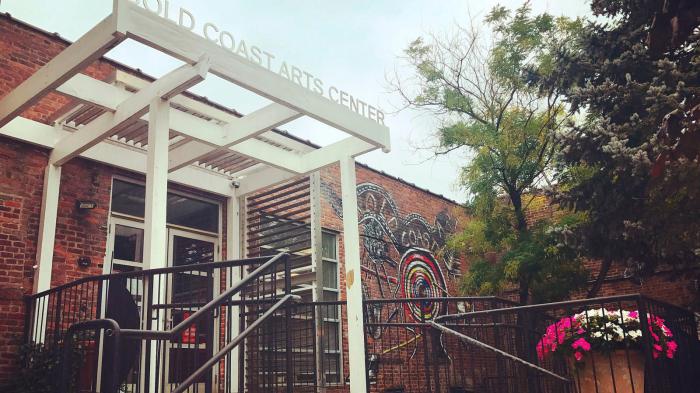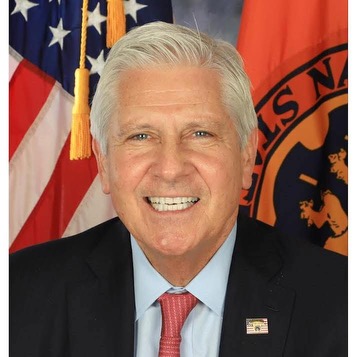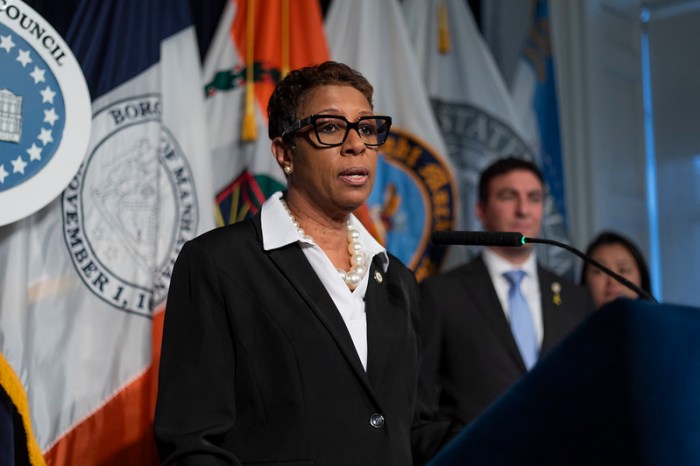By Sol Marie Alfonso-Jones
It’s hard to blame anyone who was involved with the 2020 Census for wanting to put a pin in the topic for another half-dozen years.
Beyond the massive logistical challenges created by a once-in-a-century pandemic, the 2020 Census faced unprecedented hurdles, including decreased Census Bureau funding, politicization, and a new online format.
While it might be tempting to move on, procrastination is not an option when it comes to the next census. The implications are simply too consequential for us to take a break.
To that end, the New York State Census Equity Fund is not letting any dust settle and is building momentum as we prepare for 2030.
In 2018, the New York State Census Equity Fund, a funder collaborative housed at The New York Community Trust, convened an unprecedented statewide coalition of organizations and advocates to help ensure a fair and accurate count.
The effort paid significant dividends. Experts had predicted that New York would lose two congressional seats in 2020. Ultimately, through relentless outreach, only one seat was lost by the slimmest of margins–just 89 people.
It marked the first time in 80 years that New York did not lose two congressional seats. And those results are even more remarkable considering unanticipated delays in the state’s disbursement of vital funding to support get-out-the-count work.
Some of the most successful efforts took place on Long Island. Both Nassau and Suffolk counties posted higher self-response rates in 2020 than they did in 2010. Nassau’s self-response rate of 74.9 percent was the highest in the state and a 4.5 percent increase from 2010.
Nassau’s increase was driven, in part, by a get-out-the-count effort supported by the Long Island Community Foundation and the New York State Census Equity Fund and organized by the Health and Welfare Council of Long Island.
The Health and Welfare Council used its deep community ties and engaged more than 450 partners over an extensive two-year effort. The most targeted communities in their outreach efforts—areas with a high proportion of historically undercounted groups—increased their self-response rates.
As the New York State Census Equity Fund prepares for 2030, we’re drawing on lessons learned on Long Island—and across the state—in 2020 to create a roadmap for better results. Even though New York exceeded expectations, people of color and young people were still undercounted.
That’s why we must start now. Nassau County’s success was fueled by the fact that it built on infrastructure created during its 2010 Census outreach efforts. That allowed partners to begin planning years in advance.
An earlier start will allow for better planning and infrastructure statewide and set the stage for a smoother process. Here are our recommendations on how to move forward:
-
Concentrate support for digital literacy and online access in tracts that are majority Black and majority low-income.
-
Similarly, rural counties had consistently lower response rates—the likely result of lower levels of broadband access. In 2030, it will be important to tap into libraries, hospitals, and community agencies to increase the count in these areas.
-
Double down on efforts to encourage Latinx New Yorkers to respond to the census. The state’s Hispanic population increased in all but three counties—suggesting we should expand 2020 outreach that proved successful.
-
Refine culturally specific strategies for reaching Asian New Yorkers that recognize the wide diversity in language, traditions, and socioeconomic status.
-
Make deeper inroads into Native American communities, many of which posted low response rates in 2020.
-
Invest in civic engagement efforts to ensure the organizational infrastructure thrives and doesn’t need to be reactivated in 2030.
These targets are achievable–if they are embraced with urgency.
Encouragingly, Long Island is starting from a position of strength. By building on the work of the Long Island Complete Count Committee, it can amplify its 2020 success.
The 2030 count is closer than it may seem. Our efforts between now and then will have lasting implications for the future of our state and the residents who call it home.
There’s no time to delay.
Sol Marie Alfonso-Jones is senior program officer for the Long Island Community Foundation and serves on the steering committee for the New York State Census Equity Fund.
Sign up for Long Island Press’ email newsletters here. Sign up for home delivery of Long Island Press here. Sign up for discounts by becoming a Long Island Press community partner here.
































